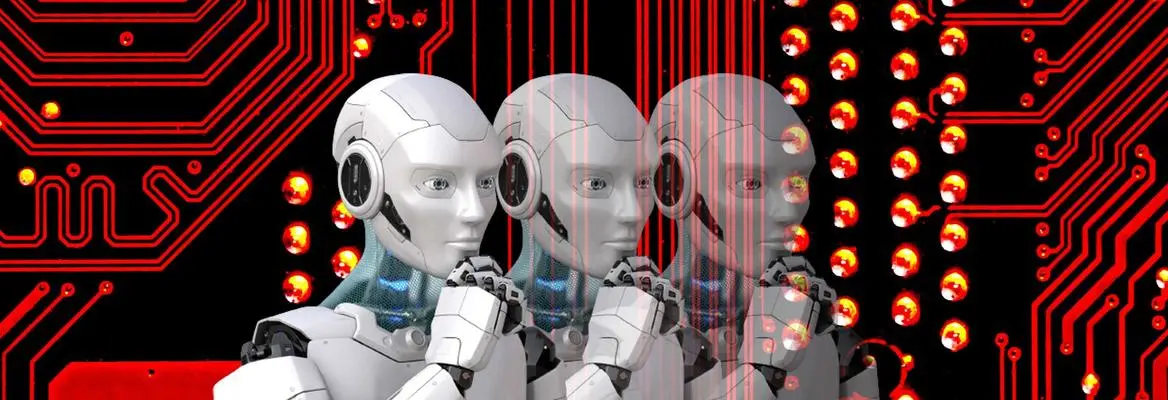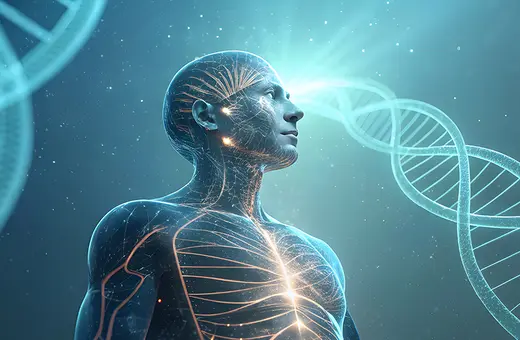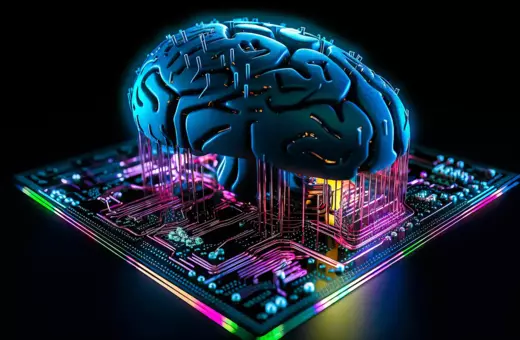We think of our tendency to forget as a cognitive defect. When it comes to Artificial Intelligence, we could eradicate this human limitation by creating machines with infallible memories. But forgetting is in fact crucial both for smoothing out social interactions, and for the proper functioning of our memories. The same would be true of AI. Machine intelligence that never forgot would be both socially dangerous and cognitively inefficient, argues Ali Boyle.
A few months ago, I introduced myself to another philosopher only to discover that I’d met them before. We’d met at a conference, as it turned out, and had quite a long conversation over dinner. Even on being told this, I struggled to summon up the memory of our previous encounter. I remember being absolutely mortified. To make matters worse, I’ve already forgotten who this person was, so the mortification seems bound to be repeated.
All in all, I’d prefer it if I’d not forgotten and been saved the embarrassment.
Like most people, I use technology to offset my tendency to forget things. My calendar app reminds me about important birthdays. My to-do list app tells me what I need to get done each day. The timer on my phone has prevented me from burning several meals to a crisp. My apps never fail; they never forget.
___
It would seem odd to design a forgetful artificial intelligence. But in fact, I think that’s exactly what we should do.
___
The reliability of computerised memory seems like its greatest advantage over biological memory. So, when it comes to building artificial agents, we might think that the aim should be to capitalise on this advantage by making their memory systems as reliable as possible – that ideally, we should aim to build agents which never forget. It would seem odd to design a forgetful artificial intelligence. But in fact, I think that’s exactly what we should do.
 SUGGESTED READING
The AI containment problem
By Roman V. Yampolskiy
SUGGESTED READING
The AI containment problem
By Roman V. Yampolskiy
It’ s natural to think of forgetting as an unfortunate thing: something we should do our best to avoid, but which will inevitably happen. One way in which forgetting seems bad is in how it affects others. When we forget things, it can inconvenience people, and go as far as causing them significant harm. Even where the practical impact is minimal, it can be taken to signal something hurtful about what we value: that the thing we forgot wasn’t important or significant enough for us to remember.
But forgetting also strikes us as bad in another way: it strikes us as a cognitive vice. That is, we’re supposed to remember things; it’s what our minds were made for. Our memory systems are supposed to collect information, store it and offer it up to us when we need it to successfully navigate the world. Forgetting is a failure to do this: a sign that our memory systems are doing what they’re supposed to do only imperfectly. So when we design new Artificial Intelligence, why not try and eradicate this human vice of forgetfulness?
___
Even if it were possible, to build infallible memory into machines would mean forgoing some of the important benefits of forgetting.
___
First of all, building Artificial Intelligence with infallible memory systems is unlikely to be feasible, for similar reasons that infallible memory isn’t feasible in us. There are simply practical limits on the amount of information that can be stored and processed in a finite system. But even if it were possible, to build infallible memory into machines would mean forgoing some of the important benefits of forgetting.





















Join the conversation